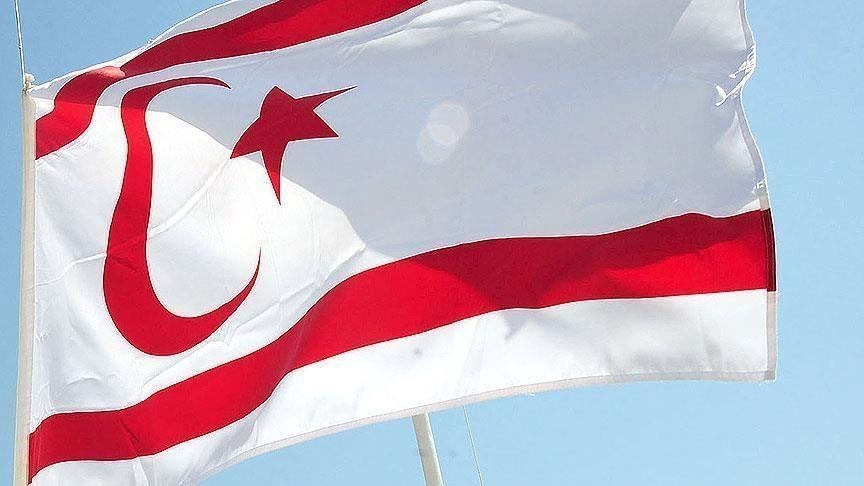Greek Cypriot side to blame for tension in East Med: Northern Cyprus
Turkish Republic of Northern Cyprus slams Greek side for granting permission to consortium for gas exploration in East Med

ANKARA
Only the Greek Cypriot administration is to blame for increasing tensions in the Eastern Mediterranean, the Turkish Republic of Northern Cyprus (TRNC) said on Friday.
In a statement, the TRNC's Foreign Ministry denounced Greek Cypriot administration for granting permission to a consortium formed of ExxonMobil-Qatar Petroleum for natural gas exploration in the East Mediterranean Sea.
Underlining that the move suggested that the Greek side would continue violating the rights of Turkish Cypriots, the ministry said the TRNC would carry on with the measures that it deems necessary to protect its rights and interests, along with Turkey.
"Necessary measures will be taken against this enterprise which violates not only the rights of the Public of Turkish Cyprus but also Turkey's continental shelf," it said.
A previous proposal still stood for wide-reaching cooperation on the TRNC's hydrocarbon resources, as well as to hold a conference on the situation in the Eastern Mediterranean region, the statement remarked.
Cyprus has been mired in a decades-long dispute between Greek and Turkish Cypriots, despite a series of diplomatic efforts by the UN to achieve a comprehensive settlement.
Ethnic attacks starting in the early 1960s forced Turkish Cypriots to withdraw into enclaves for their safety.
In 1974, a Greek Cypriot coup aimed at Greece’s annexation led to Turkey’s military intervention as a guarantor power to protect Turkish Cypriots from persecution and violence. As a result, the TRNC was founded in 1983.
East Med pipeline
Greece, Israel, and the Greek Cypriot administration signed a project last year for a 1,900-kilometer (about 1,200 miles) natural gas pipeline in the Eastern Mediterranean (EastMed), planned to run from Israel to the Greek Cypriot administration, Crete, Greece, and ultimately Italy.
However, the project is not problem-free, as it is very costly and the gas supplies that will cover these costs have not yet been forthcoming.
Many experts concur that the estimated natural gas transfer cost would be three times cheaper if the pipeline passes through Turkey.
Though Ankara and Tel Aviv have expressed willingness to negotiate on such gas transfer via Turkey, talks have never got off the ground.
Turkey, which has the longest continental coastline in the Eastern Mediterranean, has rejected the maritime boundary claims of Greece and the Greek Cypriot administration, stressing that the excessive claims violate the sovereign rights of both Turkey and the Turkish Cypriots.
Turkish leaders have repeatedly stressed that Ankara is in favor of resolving all outstanding problems in the region -- including maritime disputes -- through international law, good neighborly relations, dialogue and negotiations.


